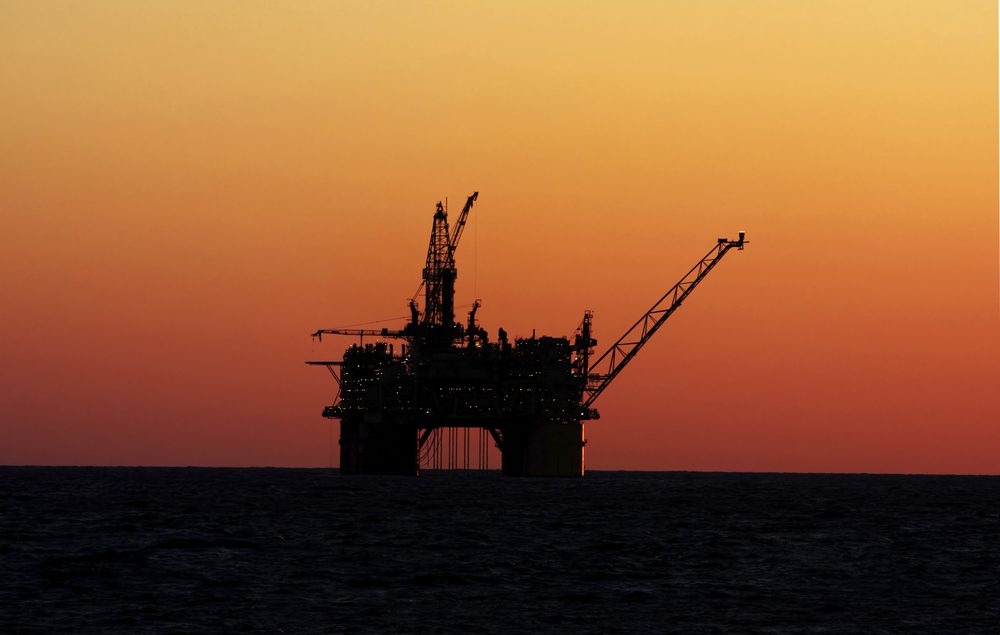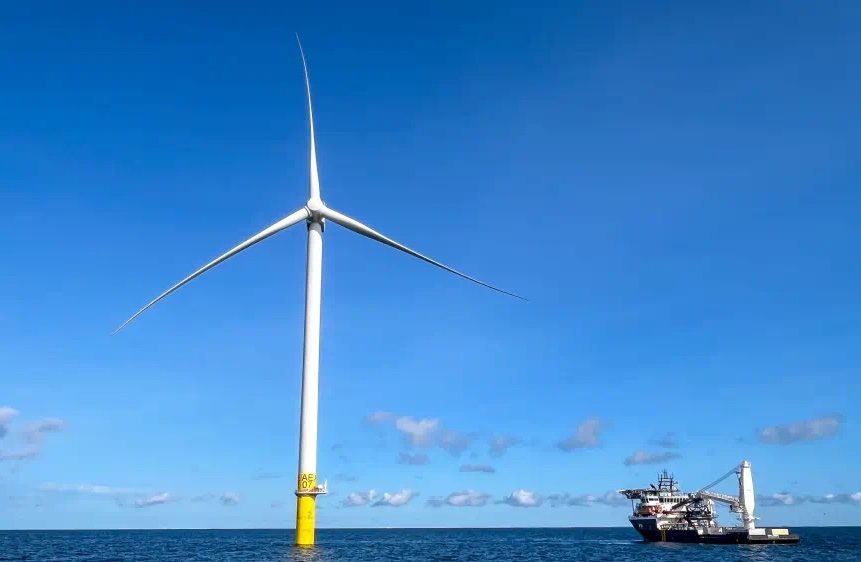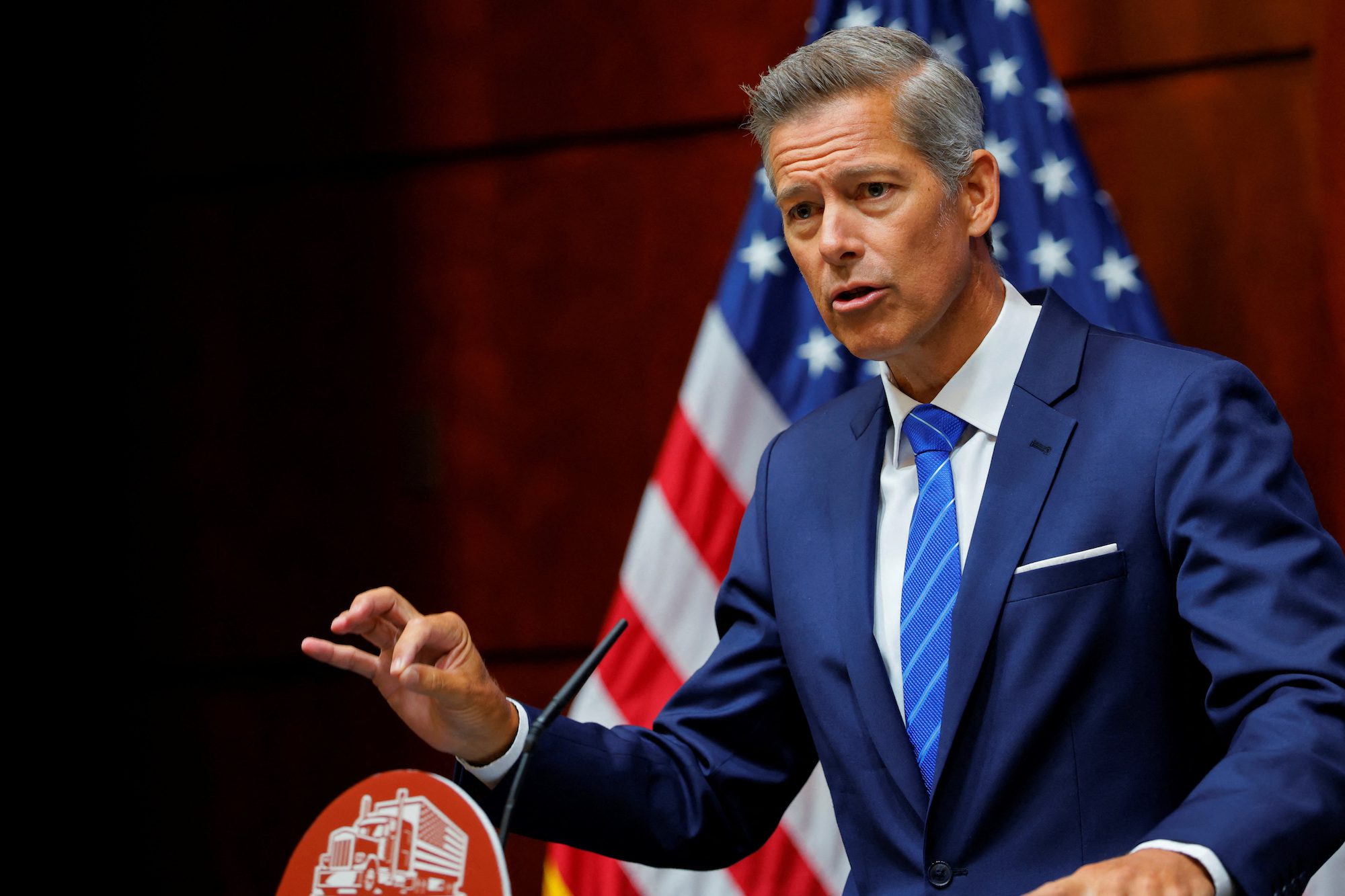Adam Williams, Andrea Navarro and Eric Martin
(Bloomberg) — Mexico’s first auction of offshore oil leases fell short of the country’s expectations as several majors decided not to participate and only two of 14 blocks received qualifying bids.
Exxon Mobil Corp., Chevron Corp. and Total SA passed on the 14 shallow-water oil blocks auctioned by Mexico Wednesday in the country’s first-ever sale of territory in the Gulf of Mexico, 77 years after seizing energy assets. The 14 percent success rate was less than half the 30 percent to 50 percent goal that the government said would be its minimum for judging the auction a success.
The auction was the first in a series that will help determine whether Mexico can reverse a decade-long decline in crude output and fulfill President Enrique Pena Nieto’s pledge to double the pace of economic expansion. The output drop and an almost 50 percent plunge in oil prices during the past year had already forced Mexico to trim government spending and sweeten the auction-contract terms for prospective bidders.
“This has to be crushingly disappointing for the government,” Duncan Wood, director of the Mexico Institute at the Woodrow Wilson International Center for Scholars in Washington, said Wednesday. “It has to be seen as a very clear message that they need to do a lot more to make the oil and gas opening a success.”
14 Bidders
Statoil ASA and Eni SpA are among 14 of 38 qualified companies that participated in the auctions. A consortium of Sierra Oil & Gas, Talos Energy and Premier Oil Plc won blocks No. 2 and No. 7, Mexico’s National Hydrocarbons Commission and Energy Ministry announced Wednesday.
Nine out of the 14 oil blocks have probabilities of commercial success ranging from 20 percent to 36 percent, according to data from the National Hydrocarbons Commission. Their prospective resources range between 164 million and 384 million barrels of oil equivalent. Two other blocks have higher success probabilities, 42 and 54 percent, while the lowest has only 6 percent.
Block 2 has as much as 341 million barrels of oil equivalent in 194 square miles off the coast of Veracruz, while Block 7 has a maximum of 263 million barrels in 465 square miles off the coast of Tabasco, according to the hydrocarbons commission. Other blocks either received no bids or bids that didn’t meet the government’s minimum requirements.
Shallow Water
“The shallow-water blocks were always going to draw less interest” than fields in deeper seas that have yet to be auctioned, said Bloomberg Intelligence analysts Vincent Piazza and Gurpal Dosanjh. For Mexico, “this is a long-term process to reinvigorate the industry. There’s likely going to be some fits and starts.”
Spokespeople for Exxon and Chevron said that while they weren’t interested in the shallow-water round of bidding, they haven’t given up on being part of Mexico’s energy reform.
Chevron “continues evaluating opportunities in Mexico and remains optimistic about the steps taken by the Mexican government to open the energy sector,” Isabel Ordonez, a Chevron spokeswoman, said in an e-mail on Wednesday.
–With assistance from Joe Carroll in Chicago, Dan Murtaugh in Houston and Brendan Case in Mexico City.
©2015 Bloomberg News

 Join The Club
Join The Club











